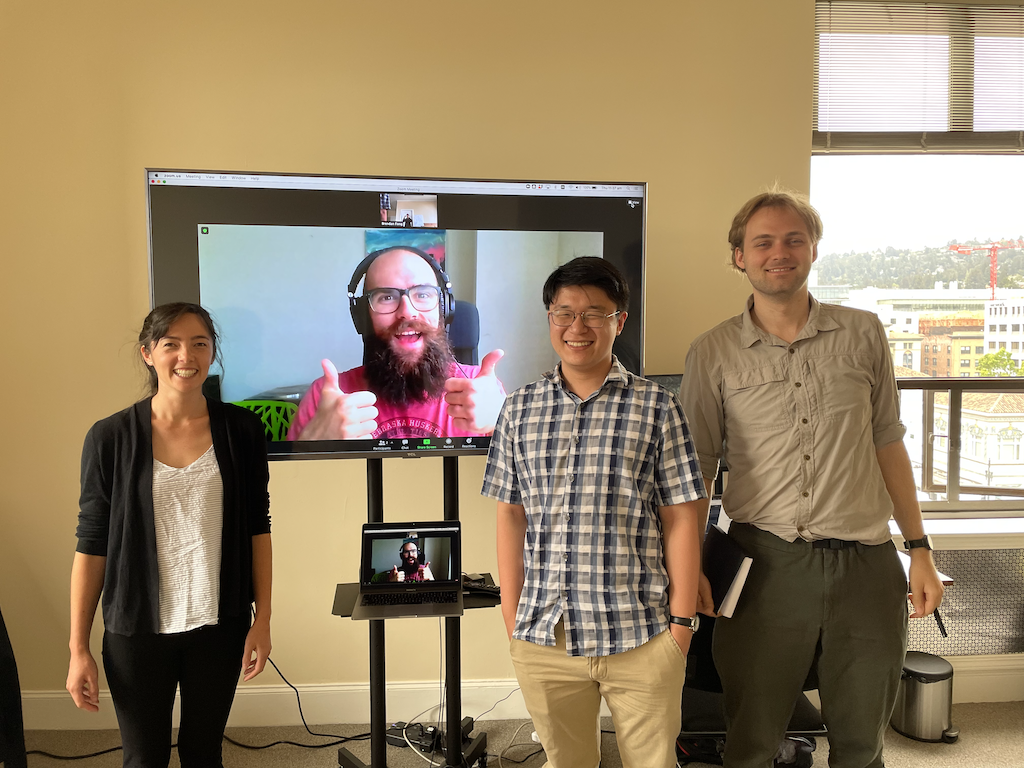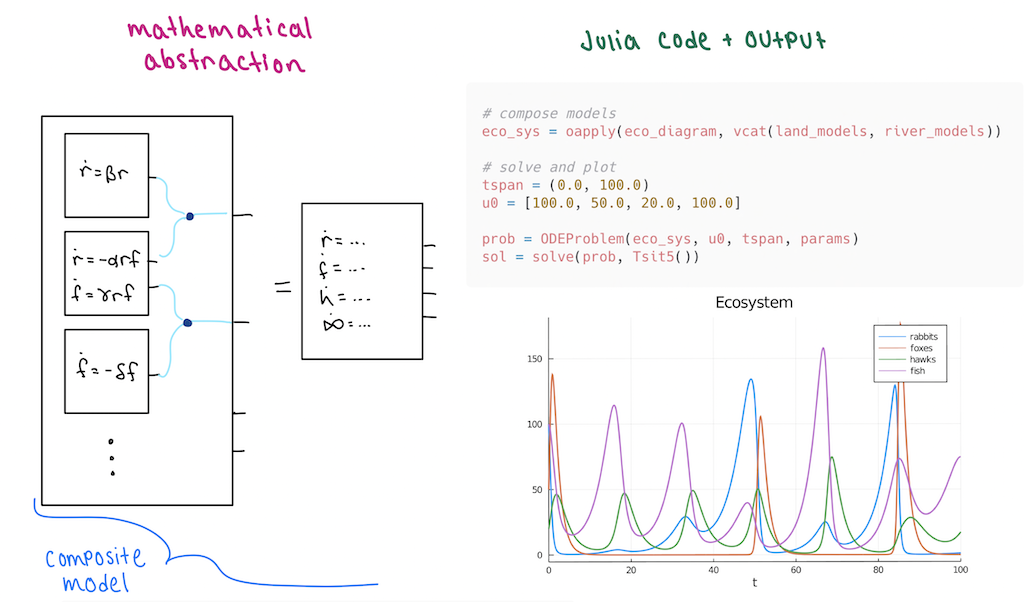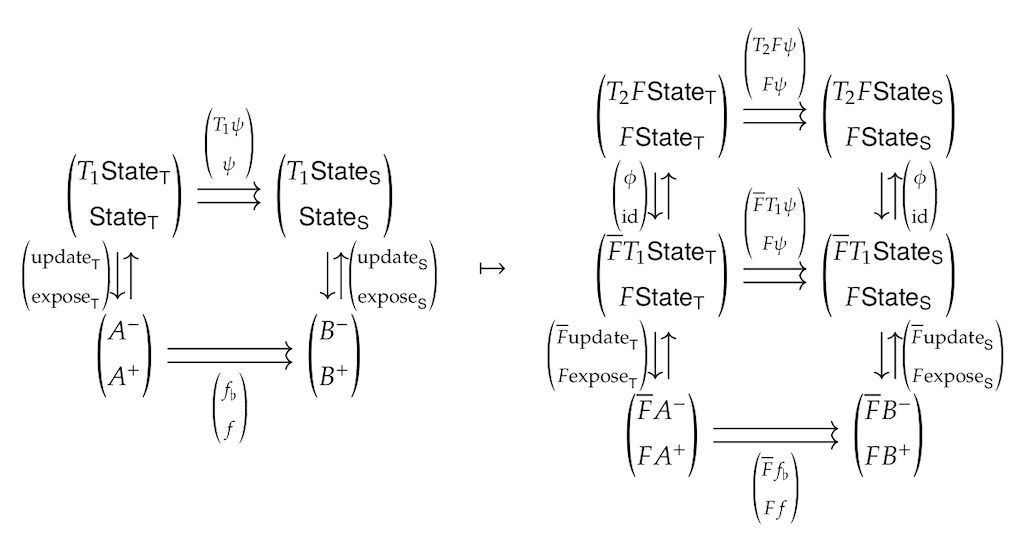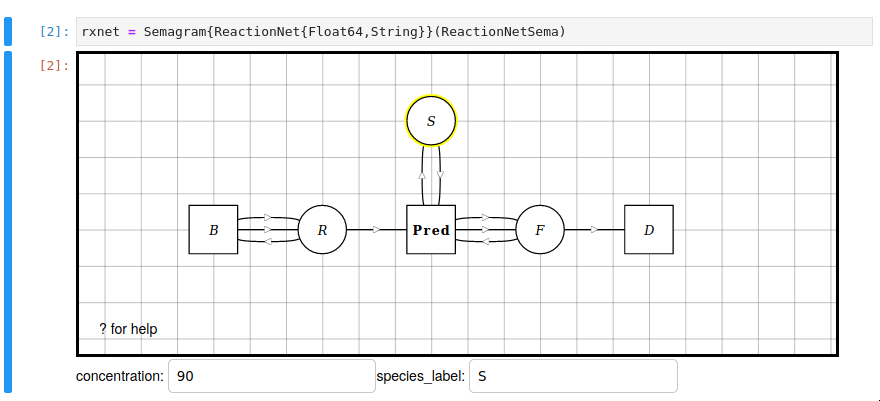Get to know our Summer Research Associates
We’re excited to welcome our 2021 summer research associates to our Berkeley campus! This summer we have Sophie Libkind, Owen Lynch, David Jaz Myers, and Nelson Niu joining our work on connected intelligence and model-based scientific computing. They bring new exciting energy and ideas, and we’re thrilled to have them here as part of our community. Here’s a bit more about them.
We’re excited to welcome our 2021 summer research associates to our Berkeley campus! This summer we have Sophie Libkind, Owen Lynch, David Jaz Myers, and Nelson Niu joining our work on connected intelligence and model-based scientific computing. They bring new exciting energy and ideas, and we’re thrilled to have them here as part of our community. Here’s a bit more about them:
Sophie Libkind is a PhD candidate in Math at Stanford University and a research assistant at Topos. Her research is motivated by connections between continuous dynamics occurring in nature and symbolic computation. Sophie is also passionate about education both in terms of redefining what it means to “be a math person” as well as bridging the languages of math and science.
David Jaz Myers is a PhD candidate at Johns Hopkins University studying under Emily Riehl. He does research in category theory, pure and applied, and in modal homotopy type theory. His main research interest is to ask the question: what does it mean for a part of the world to be a thing? He thinks a mathematical metaphysics is possible, and that the Topos Institute could be the place to develop it. This summer, he will be finishing an introductory book to categorical systems theory using “generalized lenses”, and researching the “natural logic” of various systems theories.
Nelson Niu is an incoming math PhD student at the University of Washington. He recently completed his undergrad at MIT, where he studied the wonders of applied category theory under the guidance of David Spivak and Brendan Fong. He’s joining David at Topos this summer to write a book about their research on polynomial functors together. Nelson is intrigued by how category theory can help us explore and communicate complex ideas in more accessible ways, and he’s passionate about rethinking and reshaping mathematical communities to ensure they are more inclusive for the structurally disadvantaged.
Owen Lynch is a master’s student at Utrecht University studying probability and statistics. He works on packages in the AlgebraicJulia ecosystem, and is especially interested in making categorical computing as natural as blackboards for mathematicians. This is accomplished via a focus on library ergonomics and graphical tools. He is also interested in categorifying open systems, and the organic emergence and persistence of structure in open systems (one way of looking at emergence is that all sorts of structures appear randomly; only those which can persist on a long time scale will be observable). The hope is that this will fall out of a categorical theory of open statistical mechanical systems.




